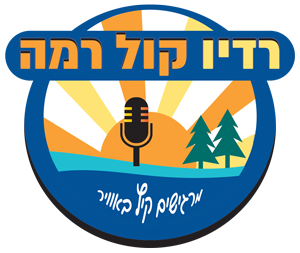Parasha Talk Matot Masei 2023 5783
Parsha Talk with Rabbis Eliot Malomet, Barry Chesler and Jeremy Kalmanofsky. This week we conclude the Book of Numbers with a double portion, Mattot-Massei [Numbers 30:2-36:13], the longest portion of the year. As individual portions they fall somewhere in the middle of the number of verses in Numbers, but together they exceed them all.
The parashah begins with a discussion of vows, in particular those made by a woman who is either in the domain of her father or of her husband. This is followed by what might be termed the Midianite Massacre, which we tried to avoid in our conversation but to which we somehow came back; the separation of the tribes of Reuven, Gad, and half of Menashe; the list of journeys which led the Israelites out of Egypt to their final resting place [the plains of Moab] before entering the Promised Land; andthe division of the land, including the boundaries of the Promised Land, the apportionment, , the Levitical cities, and the laws governing the unintentional manslayer. As with the Book of Leviticus, the ending of Numbers does not follow organically from what came before, but appears to be more of an appendix to the book, as it reprises the laws of inheritance concerning a situation where a man left only daughters as heirs. Whereas in chapter 27, the daughters were able to claim the ancestral land as their inheritance, here in chapter 36, in response to the argument of the other tribe members, the daughters must marry within the tribe in order to maintain the tribal allotment. So the daughters may not be disenfranchised, so to speak, but neither may the tribe.
And with that we say חזק חזק ונתחזק [chazak, chazak, ve-nitchazzek, be strong, be strong, and we shall be strengthened], the words we say when we conclude the reading of a book of the Torah in the synagogue. We hope to be back at Camp Ramah for next week’s Parashah Talk. Shabbat Shalom!
